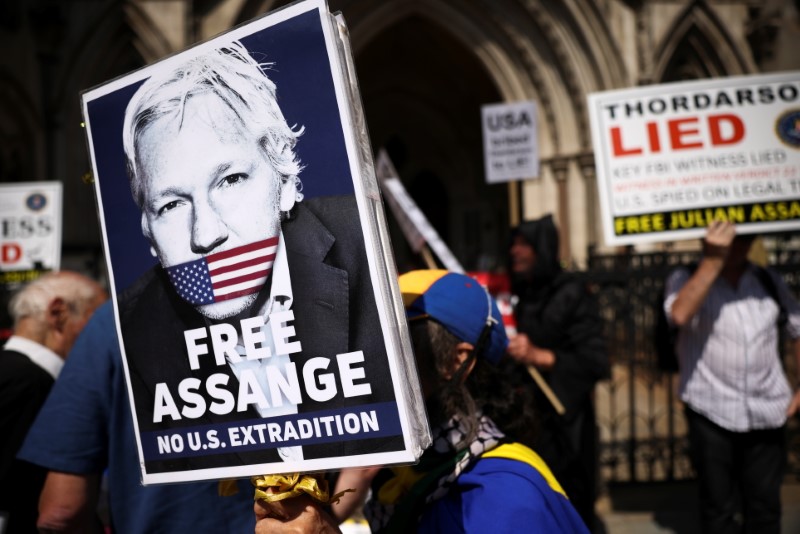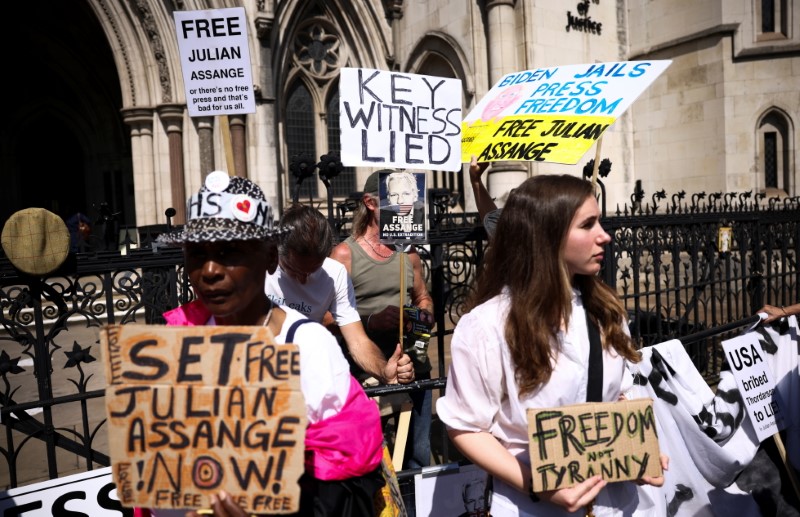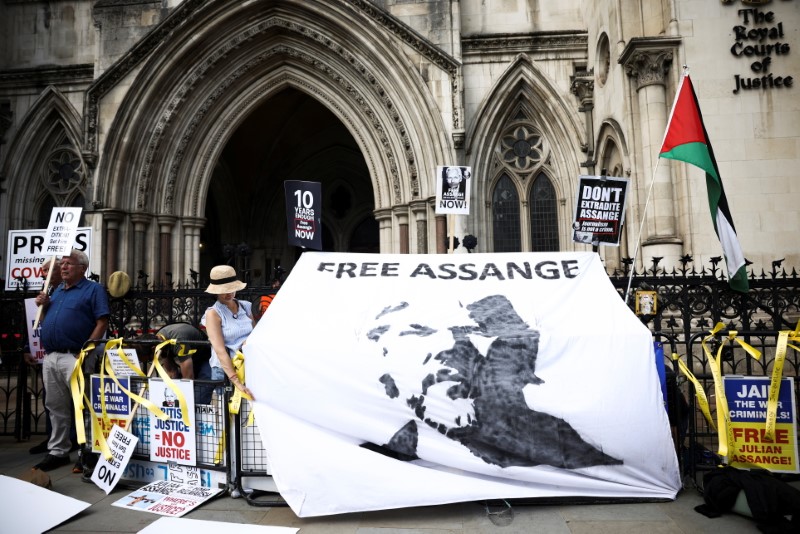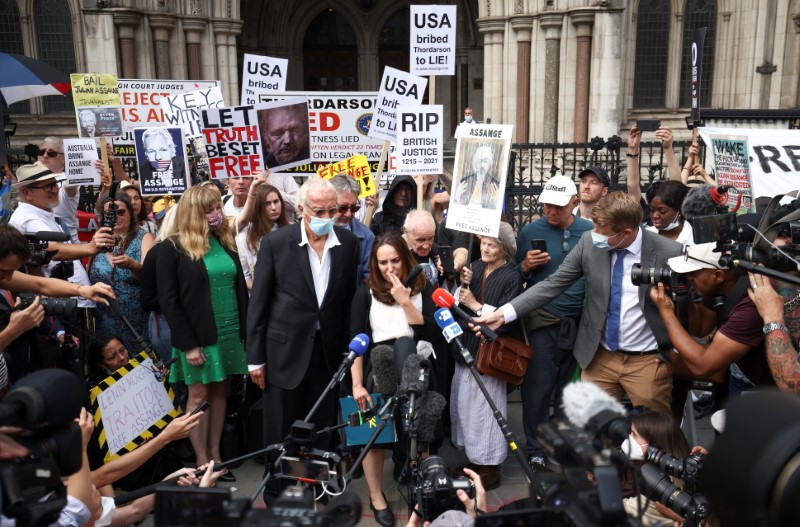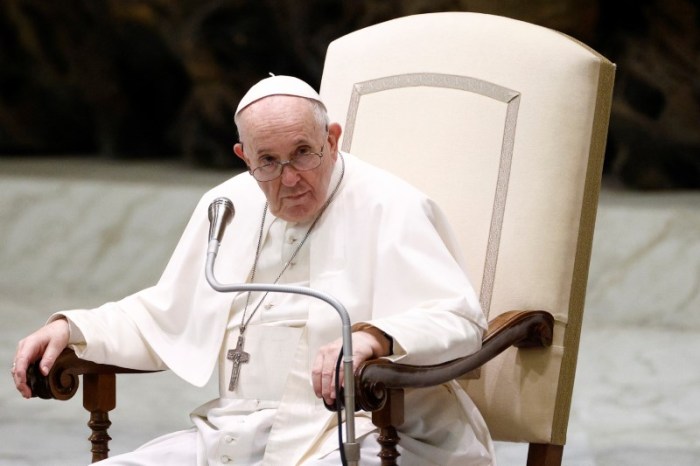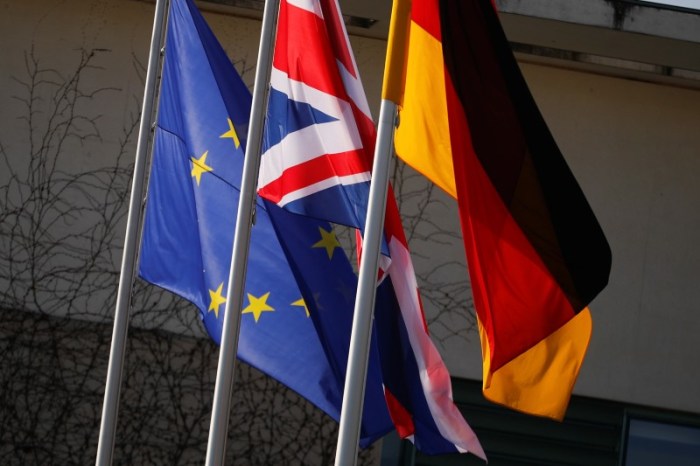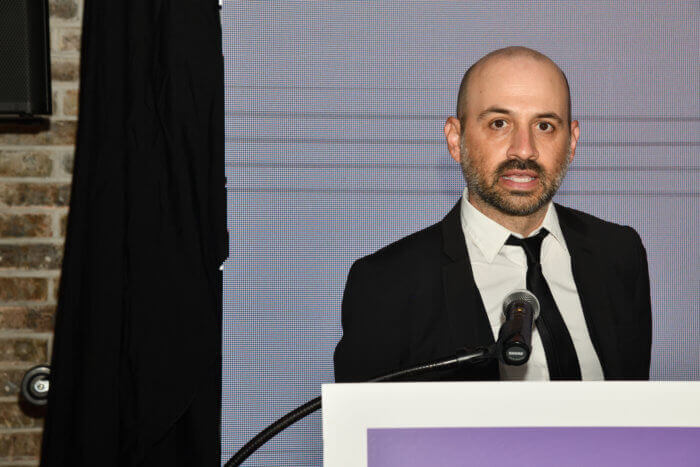LONDON (Reuters) – A London judge on Wednesday widened the scope of a U.S. appeal against a block on the extradition of Wikileaks founder Julian Assange from Britain and will hear the renewed bid in late October.
A judge ruled in January that Assange should not be extradited to the United States to face criminal charges including breaking a spying law, saying his mental health problems meant he would be at risk of suicide.
Assange faces 18 criminal charges in the United States of breaking an espionage law and conspiring to hack government computers.
WikiLeaks published a U.S. military video in 2010 showing a 2007 attack by Apache helicopters in Baghdad that killed a dozen people, including two Reuters news staff. It then released thousands of secret classified files and diplomatic cables.
The legal saga began soon afterwards when Sweden sought Assange’s extradition from Britain over allegations of sex crimes. When he lost that case in 2012, he fled to the Ecuadorean embassy in London, where he spent seven years.
When he was finally dragged out in April 2019, he was jailed for breaching British bail conditions although the Swedish case against him had been dropped.
The United States had already been given permission to appeal the January ruling on three grounds, but on Wednesday asked that the scope of it be expanded to include a reassessment of the expert evidence used to evaluate Assange’s risk of suicide.
Judge Timothy Holroyde said that it was unusual for an appelate court to reconsider evidence from an expert witness when it has been accepted by a lower court.
But he said it was arguable that the appeal court might make a different assessment, given that a key expert had omitted to disclose what he knew about Assange’s relationship with his partner Stella Moris.
“It is my view arguable that the… DJ (district judge) erred,” he said.
Lawyers for both sides agreed that the full appeal hearing should be scheduled for October 27 and 28.
Assange joined the hearing by videolink, wearing glasses, a facemask and a white shirt.
(Reporting by Alistair Smout, Editing by Angus MacSwan)

